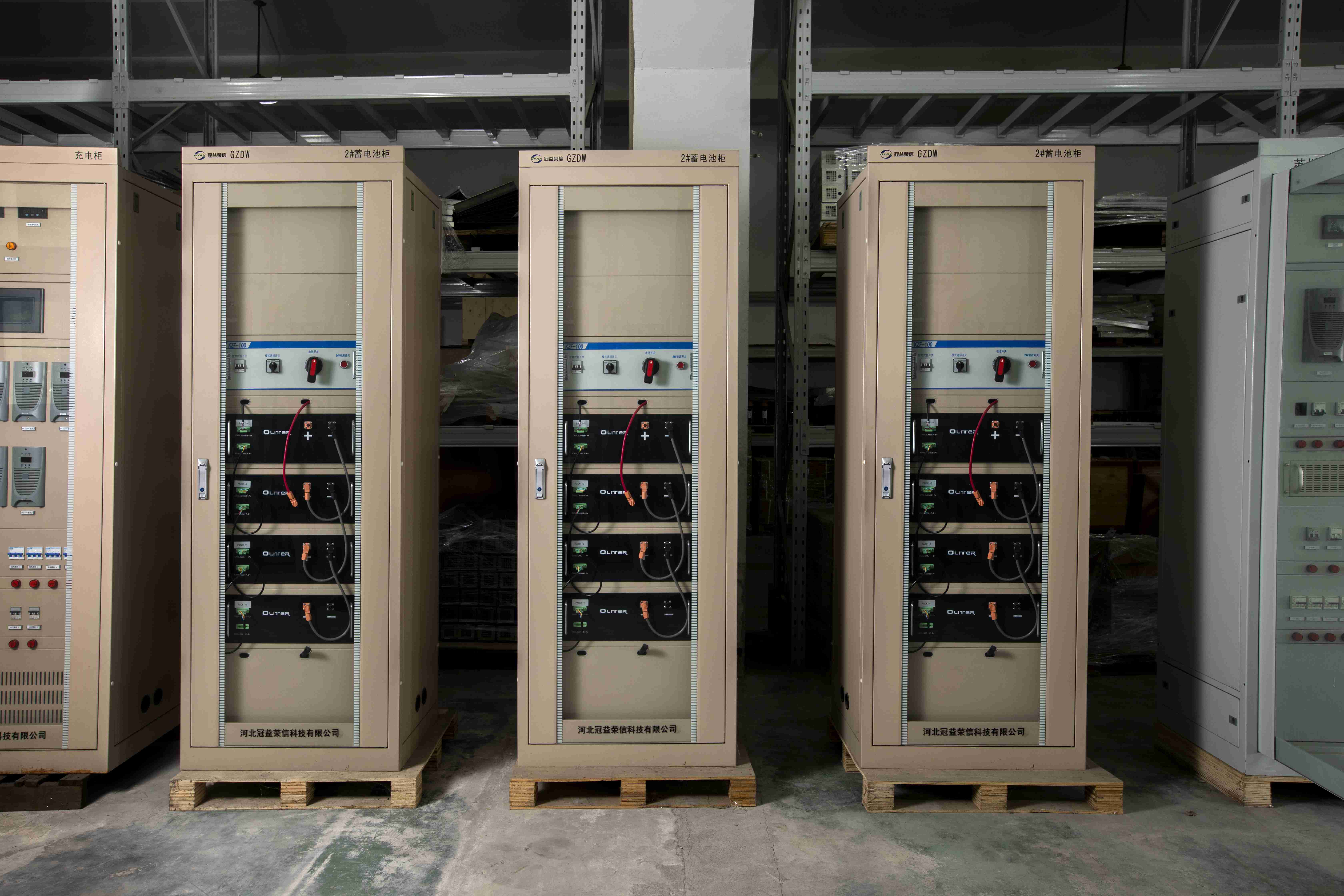
Nov . 21, 2024 12:21 Back to list
distributed energy storage system products
The Rise of Distributed Energy Storage Systems
In recent years, the shift towards renewable energy sources has prompted significant advancements in energy storage technologies. Among these innovations, distributed energy storage systems (DESS) have emerged as a crucial component in transforming how we generate, store, and utilize energy. As the global energy landscape evolves, understanding the products and benefits associated with distributed energy storage systems has become paramount.
What is Distributed Energy Storage?
Distributed energy storage refers to small-scale energy storage systems located close to the point of energy consumption. These systems can store energy generated from renewable sources, such as solar panels and wind turbines, and use it when demand exceeds supply. Unlike traditional, centralized energy storage systems, which often rely on large power stations, DESS units provide a more flexible and localized approach to energy management.
Key Products and Technologies
DESS encompasses a range of products and technologies designed to enhance energy efficiency and reliability. Some of the most common types include
1. Batteries Lithium-ion batteries are the most widely used form of energy storage due to their high energy density, efficiency, and decreasing costs. They are commonly utilized in residential solar energy systems, allowing homeowners to store excess energy generated during the day for use during peak hours.
2. Flow Batteries These batteries store energy in liquid electrolytes, making them suitable for larger-scale applications. They offer longer discharge times and can be repeatedly cycled without significant degradation, making them an attractive option for utility-scale storage.
3. Flywheels Flywheel energy storage systems store kinetic energy in a spinning mass. They are beneficial for applications requiring rapid charge and discharge cycles, such as frequency regulation and short-term energy supply.
4. Supercapacitors Known for their quick charge and discharge capabilities, supercapacitors are ideal for applications where frequent cycling is needed. They complement batteries in hybrid systems, enhancing performance and longevity.
5. Thermal Energy Storage This technology involves storing energy as heat, which can then be released for heating or converted back to electricity when needed. Systems like molten salt storage for concentrated solar power are prime examples of thermal storage.
distributed energy storage system products

Benefits of Distributed Energy Storage Systems
The adoption of DESS presents numerous benefits that contribute to a more sustainable and efficient energy ecosystem
1. Enhanced Reliability By providing backup power, DESS increases the resilience of the energy grid, especially in regions prone to outages.
2. Reduced Peak Demand Energy storage helps manage peak loads by discharging stored energy during high-demand periods, reducing the strain on the grid and preventing blackouts.
3. Support for Renewable Energy Integration DESS facilitates the integration of intermittent renewable sources by storing excess energy generated when conditions are favorable, thus smoothing out supply fluctuations.
4. Cost Savings By allowing consumers to utilize stored energy during peak pricing periods, DESS can significantly reduce electricity bills. Additionally, off-peak energy charging can further enhance savings.
5. Environmental Impact By optimizing energy consumption and supporting the use of renewables, DESS contributes to reducing greenhouse gas emissions and promoting sustainable energy practices.
Challenges and Future Directions
Despite their advantages, DESS faces challenges, including initial capital costs, regulatory hurdles, and the need for standardized technologies. However, ongoing research and development, along with supportive governmental policies, are likely to drive innovation in this field.
As the world continues to pivot towards sustainable energy solutions, distributed energy storage systems will play a pivotal role in shaping the future of energy management. The development and integration of various DESS products will not only enhance energy reliability and efficiency but also pave the way for a greener, more sustainable energy future. As consumers, industries, and governments embrace this technology, the potential of distributed energy storage systems will undoubtedly become more evident, transforming how we think about energy consumption and management in the coming decades.
-
AI-Powered EMS with GPT-4-Turbo | Efficiency Boost
NewsAug.01,2025
-
Optimized Storage System for GPT-4-Turbo | High Performance
NewsJul.31,2025
-
AI Energy Management System w/ GPT-4 Turbo Efficiency
NewsJul.31,2025
-
High-Performance Energy Storage System for Reliable Power Solutions
NewsJul.30,2025
-
Advanced EMS Solutions for Energy Management System & Storage Battery Companies
NewsJul.29,2025
-
Intelligent Energy Management for Homes - Efficient Storage Solutions
NewsJul.29,2025























